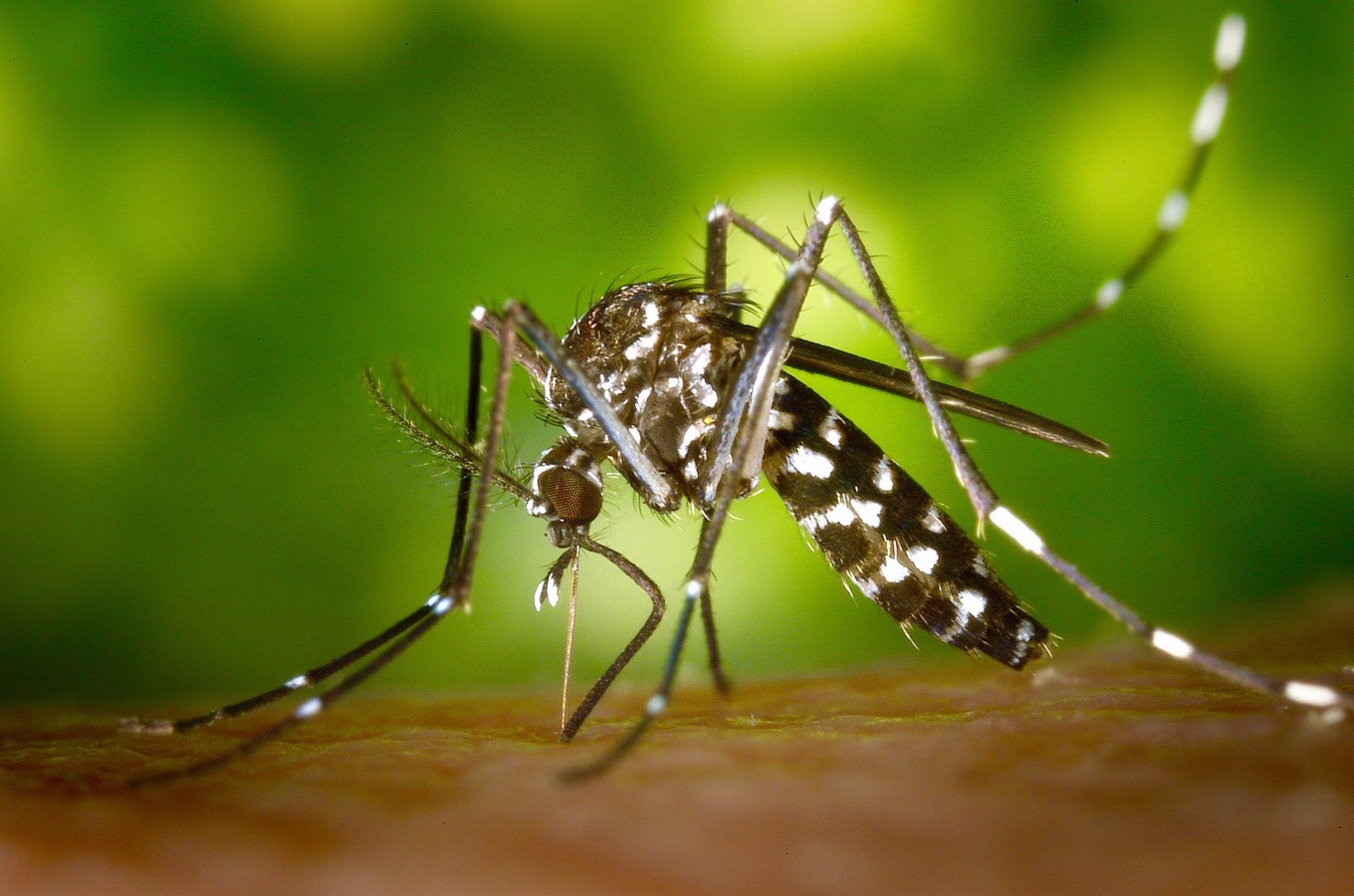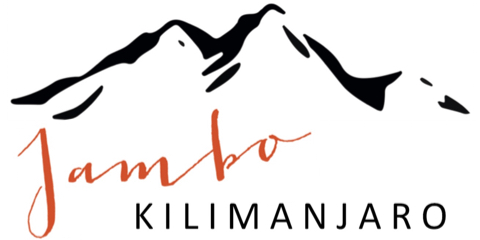Everyone knows: one should not travel to certain countries without adequate vaccinations. Tanzania counts to the number of countries, which you should enter medically prepared, even if requirements are lower than in some other countries. Many people ask themselves the question, which vaccines they should get before departure. For Tanzania, in particular, it is important to check which exact medical precautions are to be taken for a climb of Kilimanjaro.
In another article, we reported in detail about the physical and mental preparations one should take before ascending Kilimanjaro. If you are interested in a progress report about altitude sickness and how to prevent it, click here. In this article, we focus on the medical preparations one should take before climbing Mount Kilimanjaro.
Most vaccines entail a waiting period of a few days up to a few weeks for optimal effect. Also, they might not be available at GPs’ practices and need to be ordered in. Furthermore, some GPs do not have the capacity to free an appointment spot for you immediately, this counts for specialists in particular. We thus recommend liaising with your GP or directly a specialist in travel vaccines and medicine at your earliest convenience.
According to the German Federal and other Foreign Offices, no compulsory vaccinations are intended for people entering from Germany or other European countries. The following travel vaccinations are nevertheless recommended, especially for journeys through inland areas under simple conditions (backpack and trekking tours, and therefore the climb of Mount Kilimanjaro).
Highly recommended vaccinations/precautions for climbing Kilimanjaro
- Yellow fever: Mosquitoes transmit the yellow fever virus. It is widespread in several African countries, including Tanzania. Clinical symptoms of the disease most commonly include fever and nausea. In some cases, the disease may lead to fatal liver damages. The vaccination should take place at the latest ten days before departure, optimal would be three to four weeks before departure. Attention: Travelers from endemic areas (e.g. adjacent countries) require a yellow fever vaccination!
- Hepatitis A: This viral infection of the liver is widespread. Its transmission occurs through the consumption of contaminated drinking water and food. The incubation period is usually one month (i.e. you do not show any symptoms of it until one month after infection). Clinical symptoms of Hepatitis A typically include loss of appetite, nausea, vomiting, and increased body temperature. Only in very few cases it is fatal, though. The vaccination ideally occurs in two stages at intervals of several months, although a short-term vaccination is possible, too.
- Typhoid: Typhoid is a bacterial infection that causes diarrhoea. Side effects are usually fever and headaches. The pathogens are mostly transmitted through the consumption of contaminated drinking water and food, which are polluted with infectious faeces (stool, urine). The incubation period is usually a few weeks. You can prevent Typhoid with a vaccine or even an oral vaccination (pills).
- Cholera: Cholera is a bacterial infection of the bowel that is transmitted through the consumption of contaminated water that has not been treated properly or food. Only a small percentage of the afflicted actually fall ill. The majority of those who do fall ill suffer only from minor clinical symptoms. Nevertheless, the oral vaccination to prevent Cholera is recommended, for diarrhoea and vomiting decrease the prospects of reaching the summit significantly. The oral vaccination requires the consumption of the vaccine twice at least two weeks before departure.
Recommended vaccinations/precautions for climbing Kilimanjaro
- Malaria: Mosquitoes transmit the disease. If left untreated, Malaria can end fatally, depending on the type of the disease. For the ascent of Kilimanjaro, standby medication is recommended, i.e. pills that are taken during the journey only if necessary. Since there are only low risks of infection at altitudes starting at 1,800 m, respective attention should be paid rather by safari travellers.
- Rabies: This disease is transmitted through the bites of infected animals. At predictable interaction with animals, a preceding vaccination is recommended. In emergencies, a vaccination can be performed directly after being bitten by an animal under suspicion of being infected with rabies.
- Hepatitis B: A viral infection of the liver, which is widespread. The transmission occurs through respective contacts (e.g. blood transfusions, non-sterile syringes, and sexual intercourse). Especially for extended stays and at predictable exposition, vaccination is recommended.
- Meningococcal Disease: A viral, respectively a bacterial disease that can lead to meningitis/brain fever. Clinical symptoms include high fever and strong headaches. The pathogens are transmitted through droplet infection. The disease occurs everywhere in the world.
- Dengue fever: Mosquitoes transmit the disease mostly during the rainy season in coastal areas. There does not exist a vaccine against dengue fever. Therefore, precautious measurements, such as mosquito protection, are recommended.

The travel vaccines mentioned above we understand as supplement to the necessary standard vaccines for adults to prevent tetanus, diphtheria, polio as well as measles, mumps, and rubella. For more information about possible side effects of vaccines and further details on the aforementioned diseases as well as on the medical precautions for your journey click here or here. We found this website helpful as well. Lastly, you should discuss your travel plans and required (also expired) vaccines with a specialist.
If you are interested in receiving more information on an adequate preparation for the ascent of Kilimanjaro, please follow this link. Here you find an overview of topics that will help you with your preparation for climbing Mount Kilimanjaro.

